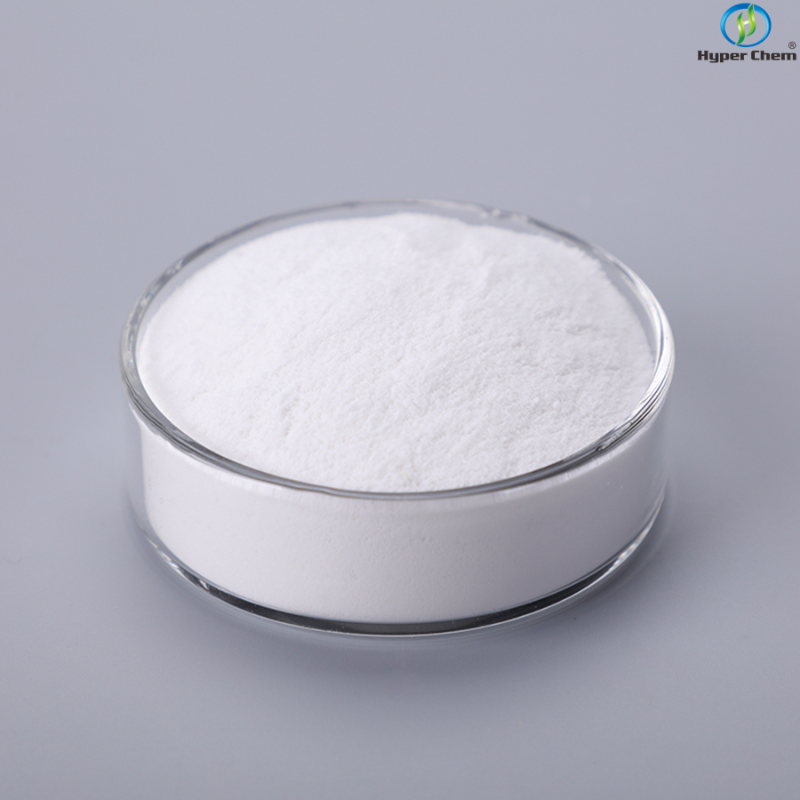-
Categories
-
Pharmaceutical Intermediates
-
Active Pharmaceutical Ingredients
-
Food Additives
- Industrial Coatings
- Agrochemicals
- Dyes and Pigments
- Surfactant
- Flavors and Fragrances
- Chemical Reagents
- Catalyst and Auxiliary
- Natural Products
- Inorganic Chemistry
-
Organic Chemistry
-
Biochemical Engineering
- Analytical Chemistry
-
Cosmetic Ingredient
- Water Treatment Chemical
-
Pharmaceutical Intermediates
Promotion
ECHEMI Mall
Wholesale
Weekly Price
Exhibition
News
-
Trade Service
The FDA on Thursday approved Agios Pharmaceuticals' Pyrukynd (mitapivat) for the treatment of hemolytic anemia in adults with pyruvate kinase (PK) deficiency, regardless of transfusion status
.
The company noted that its oral PK activator is the first approved modifiable therapy for a rare blood disorder
FDA
Pyrukynd (mitapivat) was granted priority review by the FDA last year based on the results of two Phase III trials
.
In the ACTIVATE study, Pyrukynd demonstrated a significant increase in hemoglobin (Hb) in PK-deficient patients who received occasional blood transfusions, with 40% of participants achieving an Hb response compared to none in the placebo group
Pyrukynd was also successful in the ACTIVATE-T trial, demonstrating a "significant and clinically meaningful" reduction in transfusion burden in regularly transfused patients
.
In this study, 33% of patients achieved transfusion reduction responses above a certain threshold over a 24-week fixed-dose period
Pyrukynd was also successful in the ACTIVATE-T trial, demonstrating a "significant and clinically meaningful" reduction in transfusion burden in regularly transfused patients
Meanwhile, Agios expects to initiate two additional studies of Pyrukynd in mid-2022, ACTIVATE-kids and ACTIVATE-kidsT, in unscheduled and regularly transfused pediatric patients with PK deficiency, respectively
.
Pyruvate kinase (PK) deficiency is an autosomal recessive erythrocyte enzyme abnormality that causes chronic hemolysis
.
It is the second most common erythrocyte enzyme deficiency, but the most common cause of chronic hemolytic anemia due to erythrocyte enzyme deficiency
child
Original source:
Original source:https://firstwordpharma.
https://firstwordpharma.
com/story/5501687 https://firstwordpharma.
com/story/5501687 Leave a comment here







